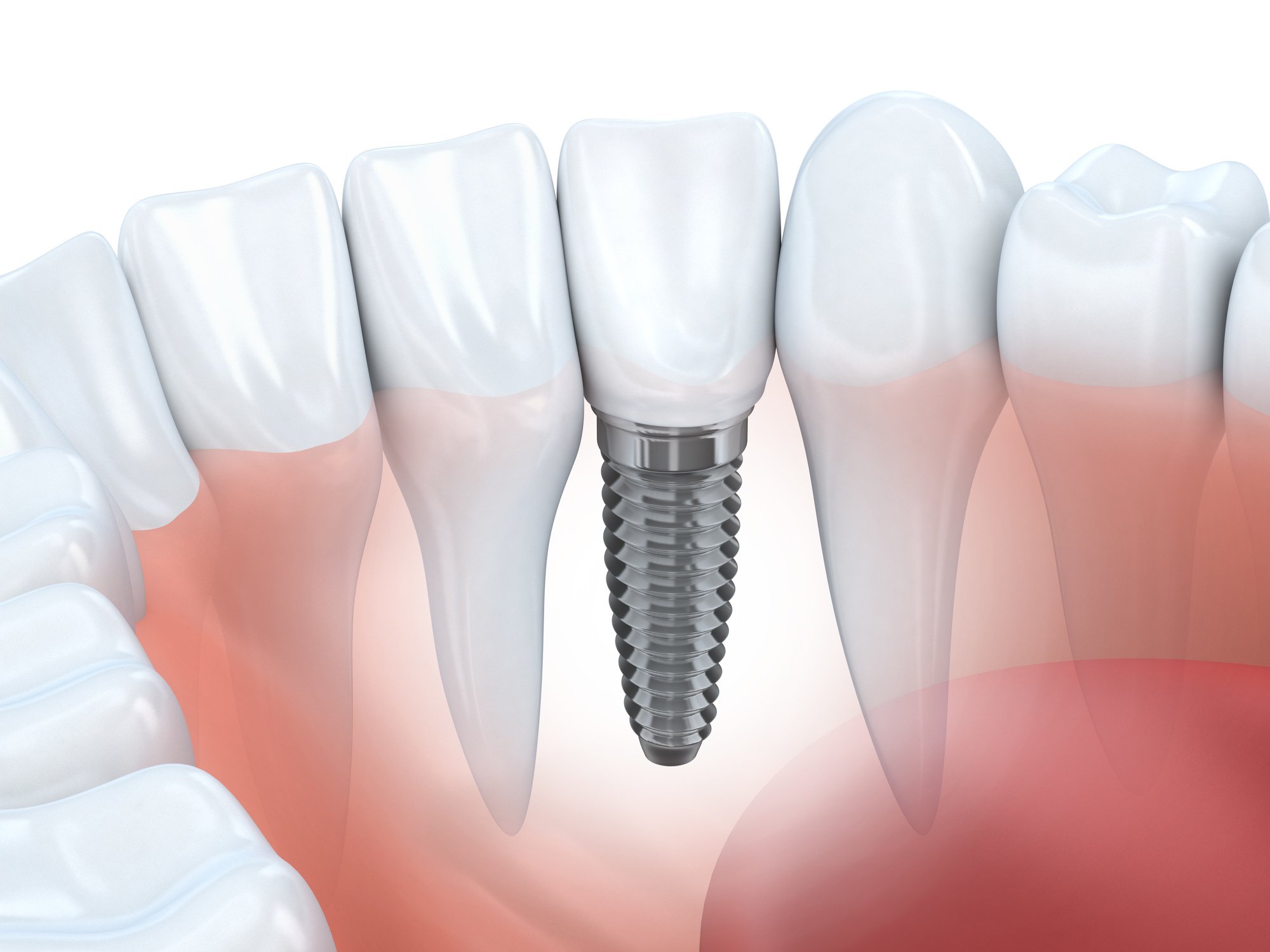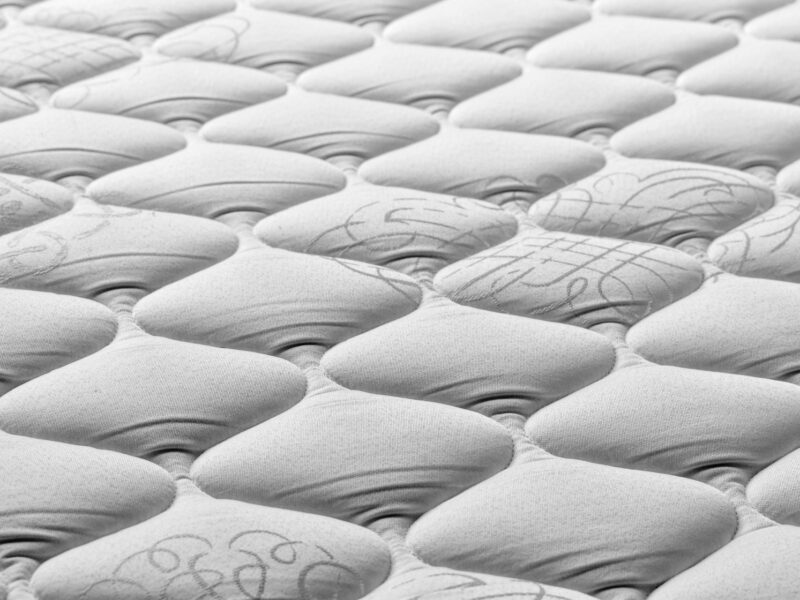Have you lost one or more teeth due to injury, illness, or old age? You may be wondering about the best way to fix the problem. Various methods can be used to fill in a gap in your smile.
There are several popular options for replacing missing teeth. Each with its own advantages and considerations. The choice of which option is best for you depends on your specific dental health, budget, and personal preferences.
How do you know which one is right for you? Here’s a brief rundown of the pros and cons of popular options for missing teeth.
1. Dental Implants
Dental implants are considered the gold standard for replacing missing teeth. This is because they offer a permanent and natural-looking solution.
They involve surgically placing a titanium implant into the jawbone, which acts as an artificial tooth root. A crown is then attached to the implant, creating a functional and aesthetically pleasing replacement for a missing tooth.
Implants have a high success rate and are long-lasting. They look and feel like natural teeth. Also, they maintain jawbone health by stimulating bone growth.
Implants require a surgical procedure and can be expensive. Also, healing time is necessary before the final restoration is placed. You can learn more about dental implants here.
2. Dental Bridges
Dental bridges are a non-removable prosthesis used to replace one or more missing teeth. They are made from materials such as gold, porcelain, and alloys and are designed to look and feel natural. They consist of pontics or artificial teeth held in place by crowns that are cemented onto the natural teeth adjacent to the gap.
Bridges can replace multiple missing teeth. They are faster and less invasive than implants. They can improve chewing and speech and are relatively stable and comfortable.
On the other hand, bridges require healthy adjacent teeth for support. They may lead to increased stress on supporting teeth. Additionally, it doesn’t stimulate bone growth.
3. Dentures
Dentures are removable and used to replace a set of missing teeth. They can be full (replacing all teeth in an arch) or partial (replacing only a few missing teeth). They are typically made from acrylic or a combination of materials.
Dentures are non-invasive and less expensive than implants or bridges. They are suitable for people with multiple missing teeth. They are removable for cleaning and maintenance.
However, dentures may feel less stable than natural teeth or implants. They can cause discomfort or sore spots. They require regular maintenance and adjustment and may affect speech and chewing initially.
Choose the Right Options for Missing Teeth
If you have experienced tooth loss, it’s important to follow up with your dentist as soon as possible. Missing teeth can cause oral health risks and negatively impact self-confidence.
Popular options for missing teeth include implants, bridges, and dentures. These solutions have become increasingly accessible and can be customized to give you back a beautiful smile. Contact your dentist today to discuss your ideal restoration solution.
For more informative articles, feel free to check out the rest of our blog.




